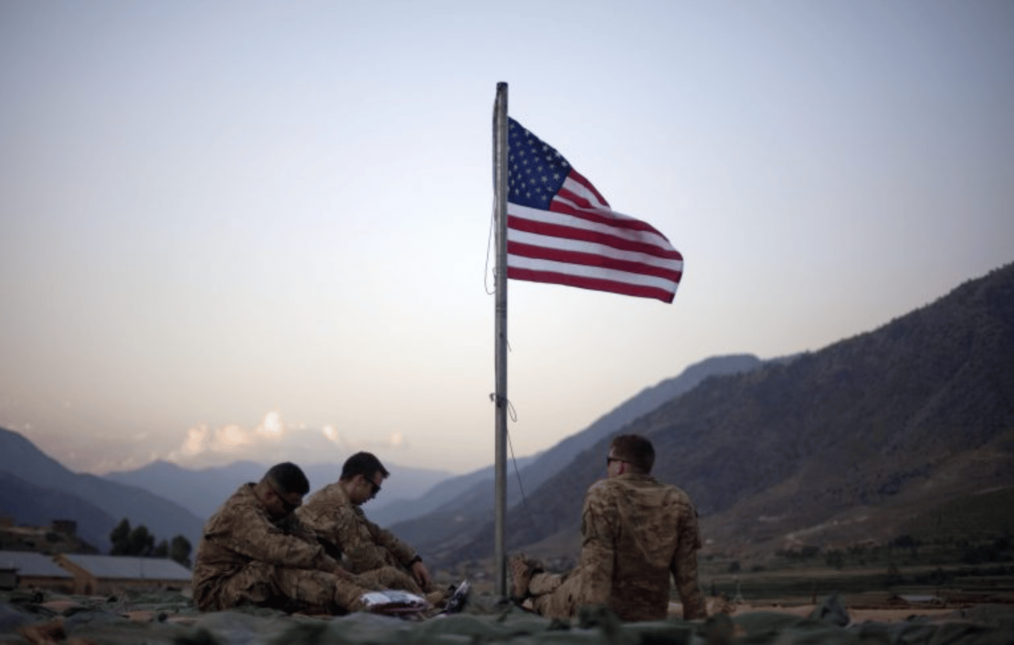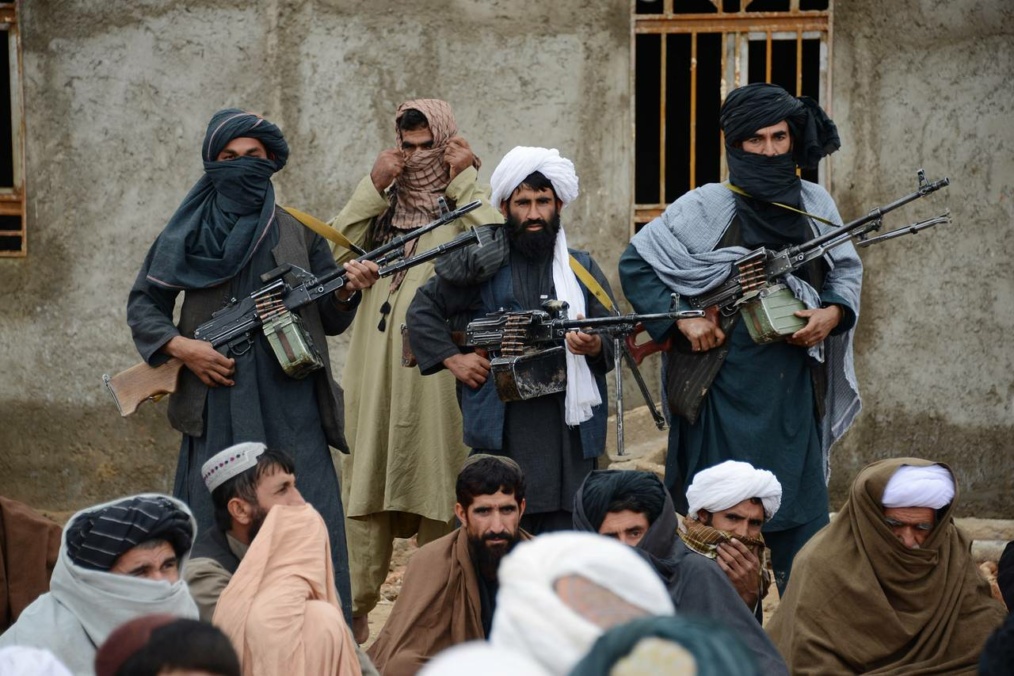As the 21st commemoration of the September 11th terrorist attacks approaches, the solemn anniversary brings a new wave of urgency. It has been one year since the Taliban regained control of Afghanistan.
Throughout the past year, the Taliban have worked to reinforce oppression by stripping women of their rights and indoctrinating young boys. Once again, the threat of terrorism is pervasive. After 21 years, we must ask ourselves: how much progress has been made in effective counterterrorism?
Last month, the United States killed Ayman al-Zawahiri, the leader of al-Qaeda in Afghanistan. While this is a victory for the United States, it may only be a short-term cause for celebration. The death of their leader will undoubtedly fuel the anti-Western hatred held by al-Qaeda.
In addition, the Taliban have created a friendly environment in Afghanistan for al-Qaeda, a UN report says. In fact, Ayman al Zawahiri was found in the heart of Kabul. The amicable relationship between the two terrorist groups is dangerous not only for the future of Afghanistan but also for the West who may see the Taliban’s war-ridden intentions in the coming years.
How can the United States prevent this? First and foremost, the U.S. should analyze its role in history. The Soviet War in Afghanistan from 1979 – 1989 provides insight into the mistakes made by the United States that ultimately played a part in the rise of terrorism in the 90s.
Throughout the Soviet War, the United States supported rebel groups in Afghanistan to defeat the Soviets and advance their anti-communist agenda. Soon after the defeat, the United States abandoned the country leaving an unstable Afghan government that was easily seized by the Taliban.
From the 1989 up until the attacks on 9/11, Afghanistan then became a safe haven for radical jihadists and terrorists. During that time, some of the most heinous attacks were carried out with 9/11 being the most catastrophic.
The United States could avoid the repetition lost of the past by engaging with Afghanistan to ensure that the upcoming generation of Afghans is not a product of radical, fundamentalist indoctrination to be used for a terrorist agenda.
The United States can further intervene by analyzing relationships with regional actors like Pakistan, who delayed accountability for the 9/11 attacks by providing refuge for Osama Bin Laden, and reconsider new allyships that will further the prospect of counterterrorism in the face of the growing threat. In doing so, the United States can learn from the lessons that came after the Soviet War and contribute to active counterterrorism efforts.
At the very least, it is crucial for the United States to maintain vigilance. The Taliban and al-Qaeda now occupy Afghanistan, however, their desire to exert influence will not stop there. The fundamental principles of these two groups are rooted in Western hatred and the desire to return to Islamic Sharia law of their own version, further perpetuating violence and oppression.
As we remember the events of September 11th, it is also important to remember the role that the United States has as a powerhouse in international relations. With this considered, the U.S. must exercise influence through the correction of its past mistakes. In doing so, the United States can play its part in reducing the expansion of terrorism.






